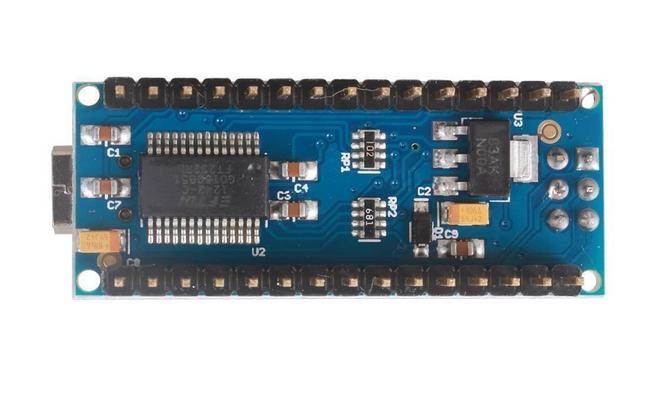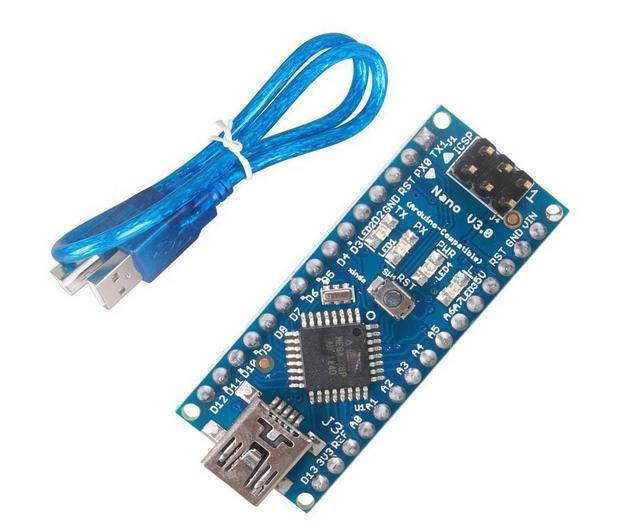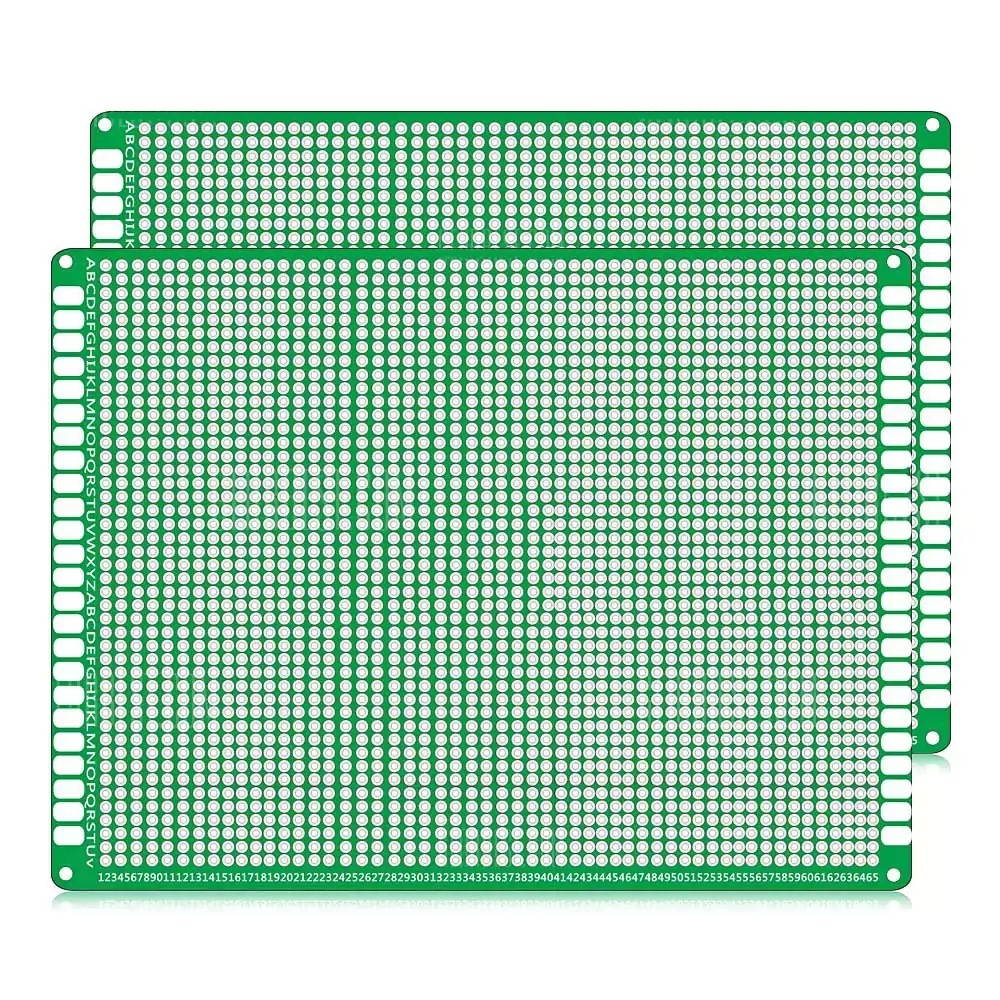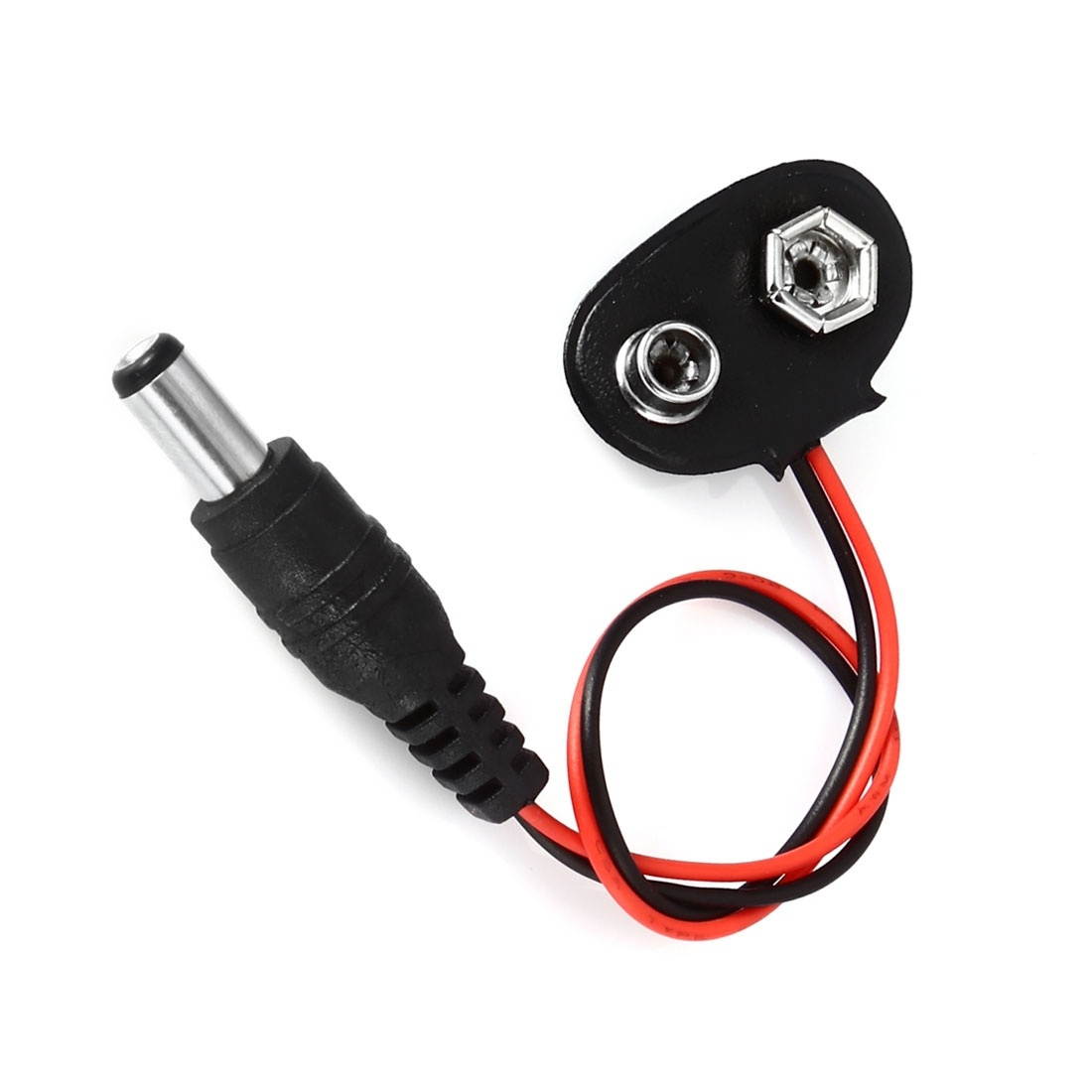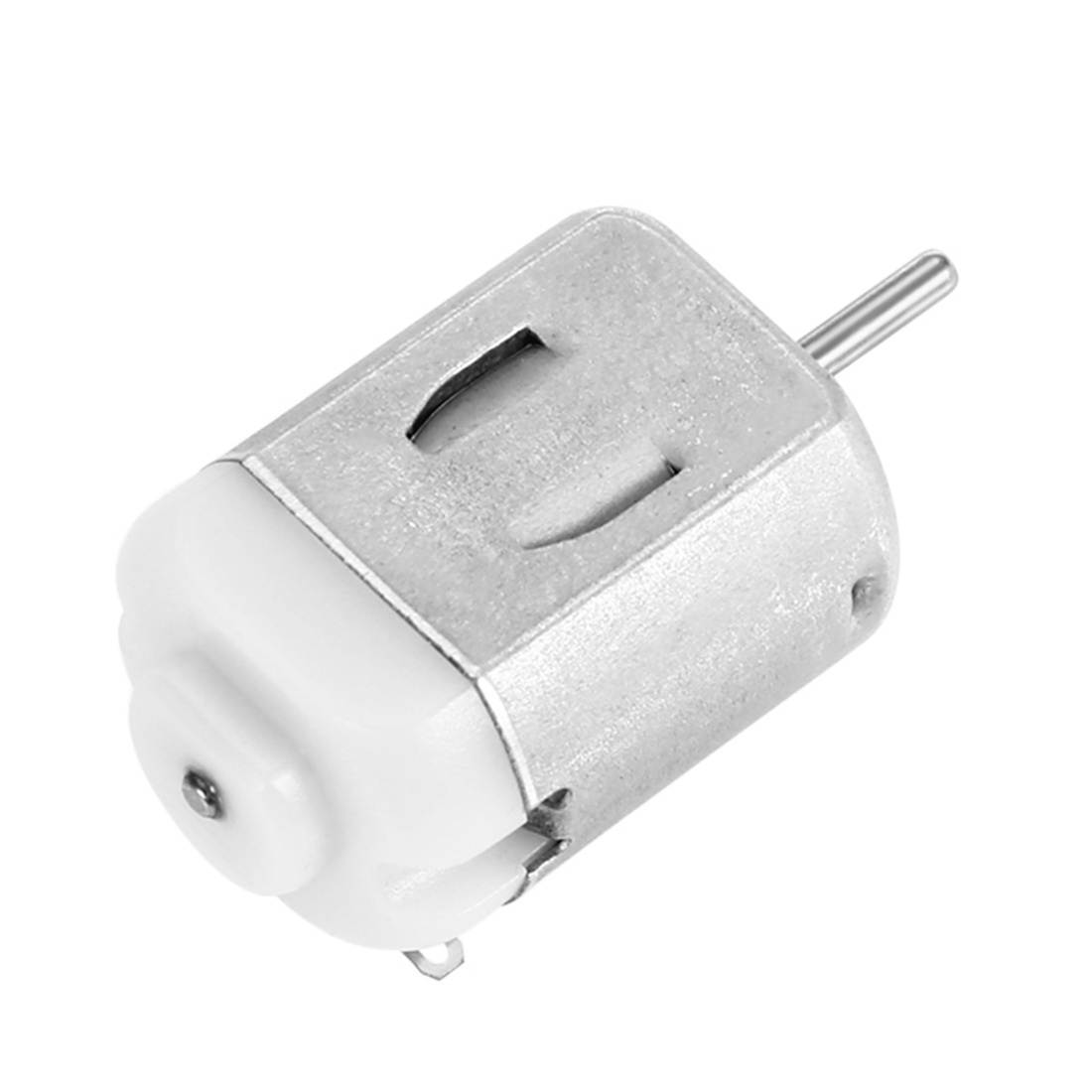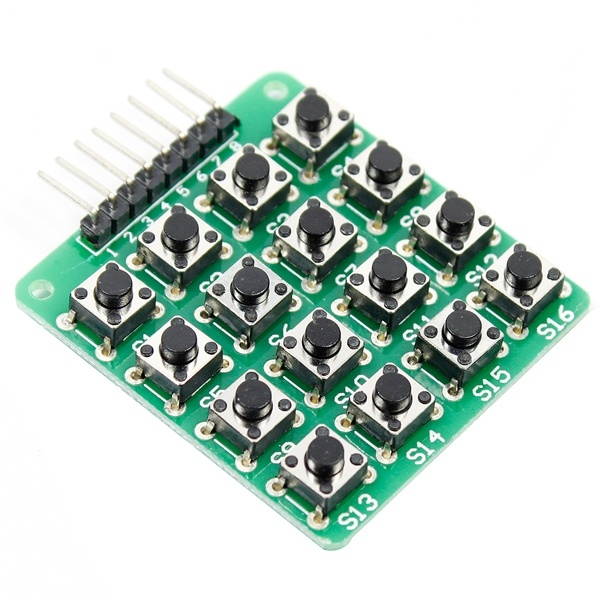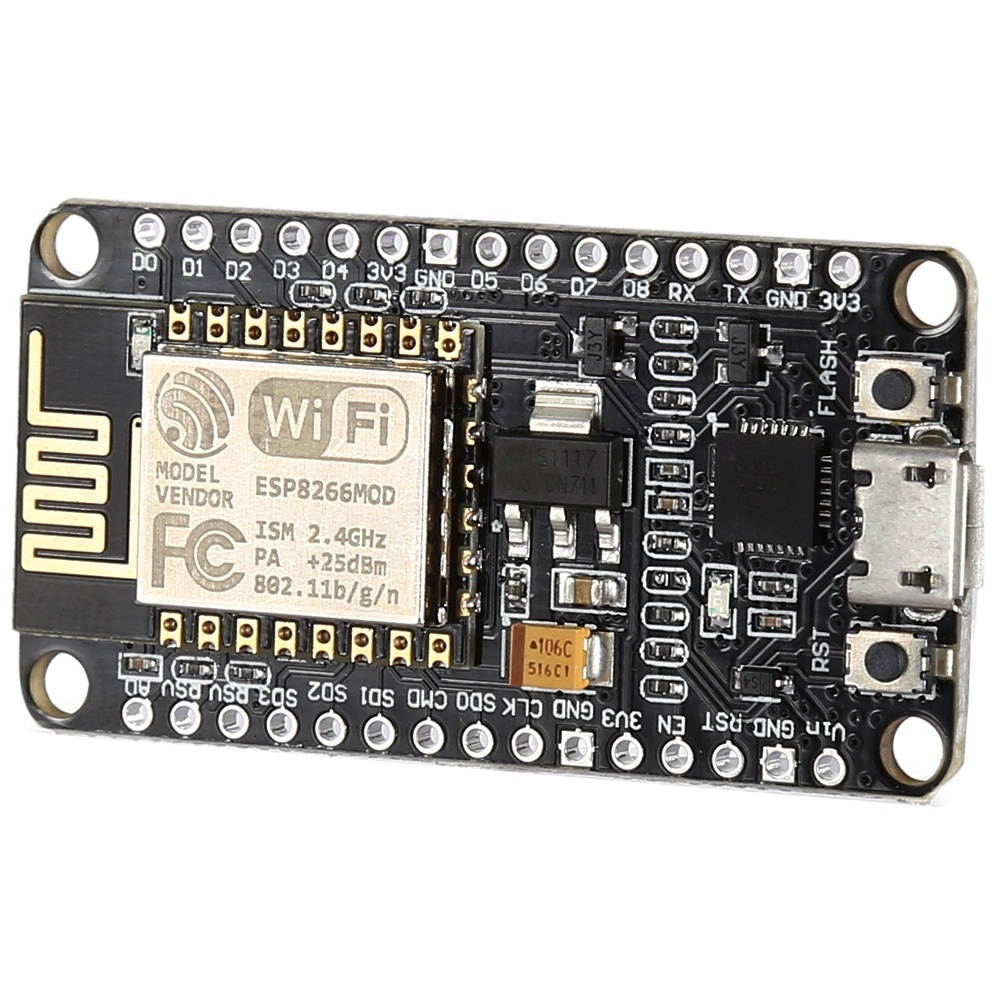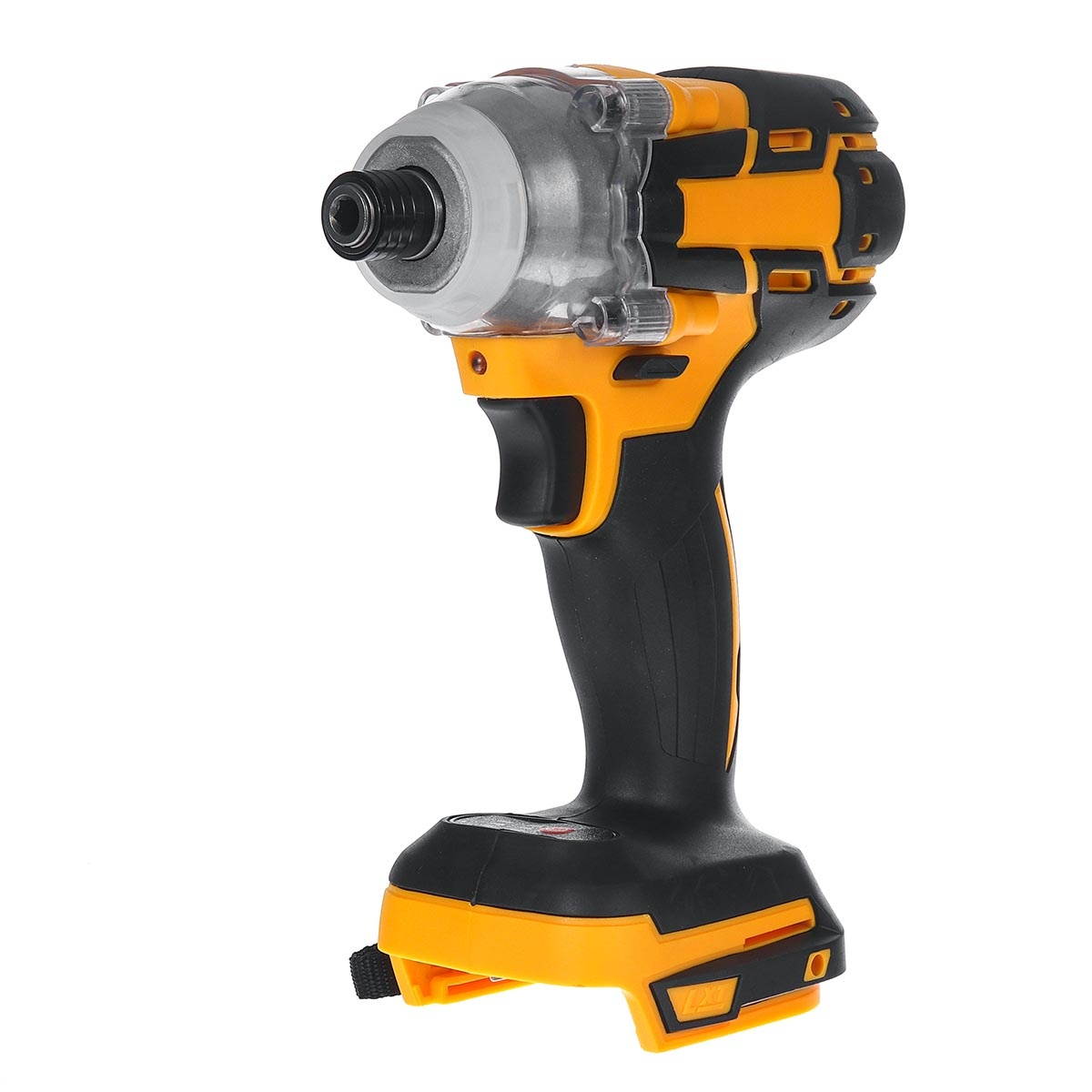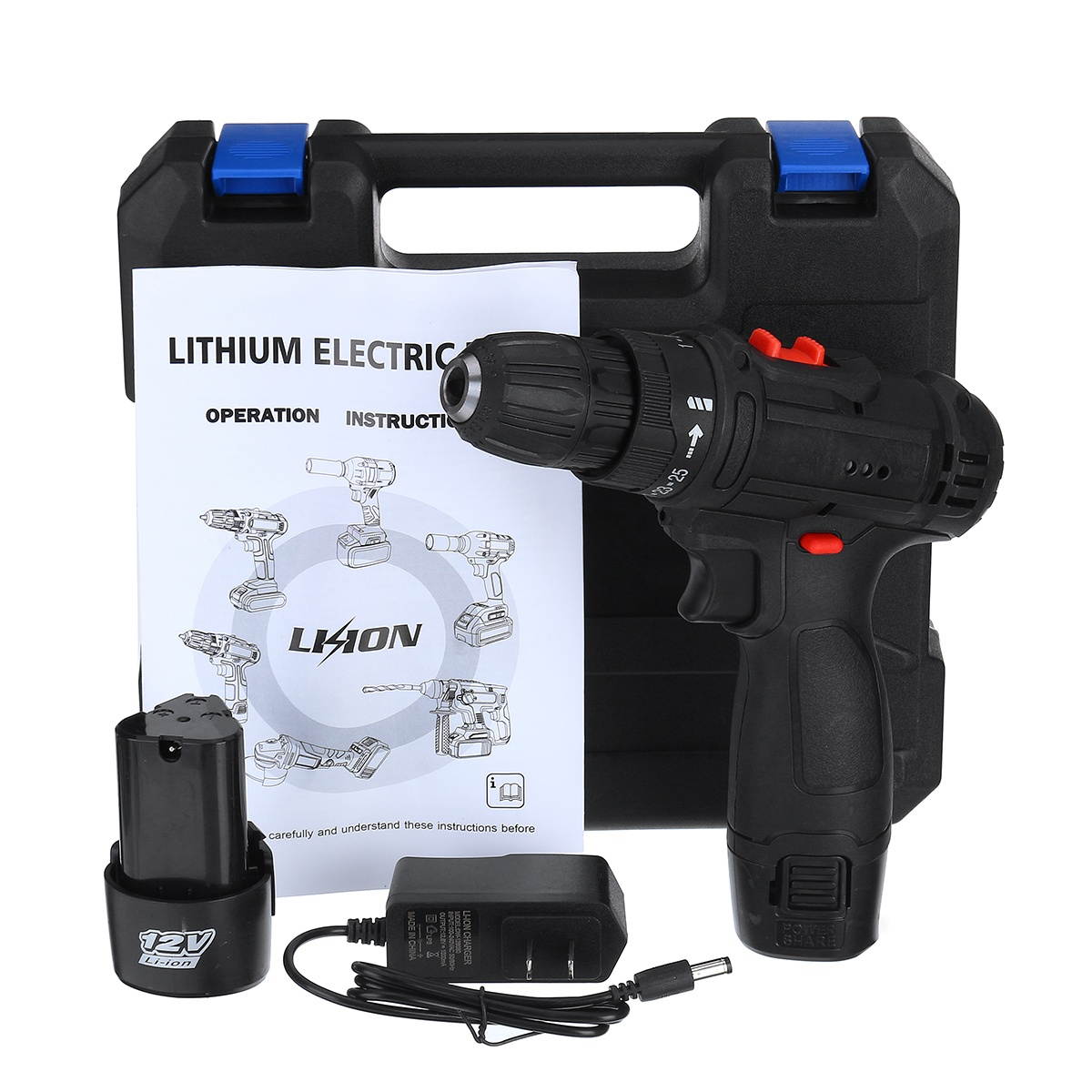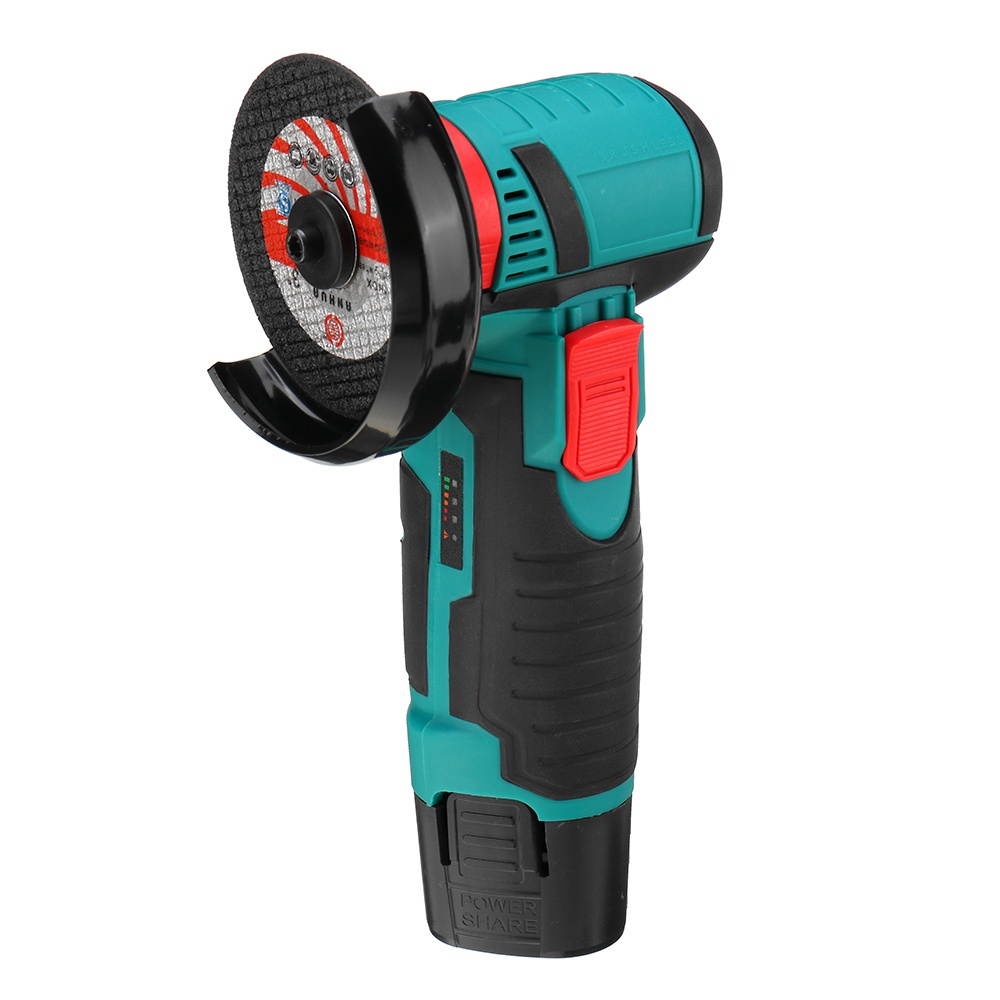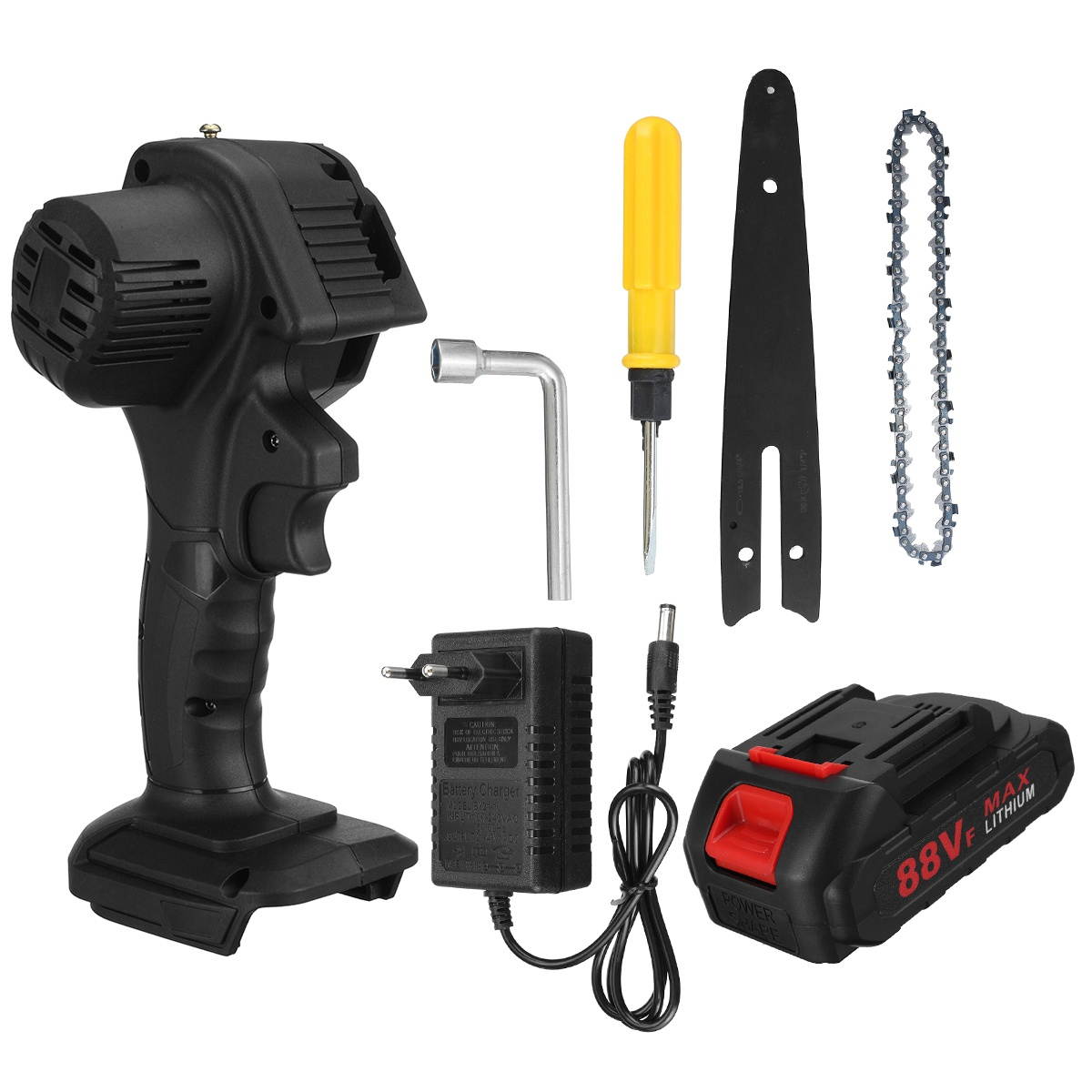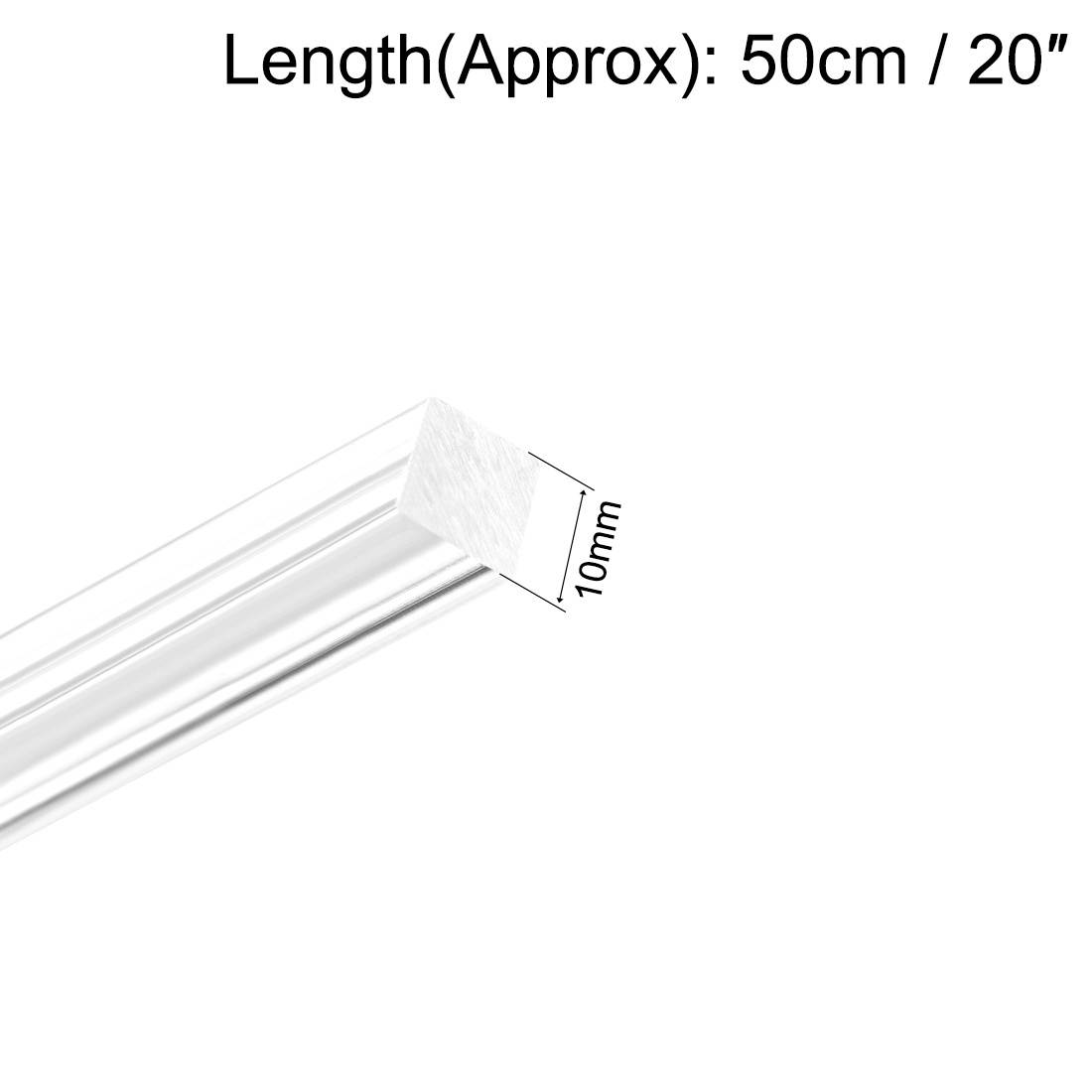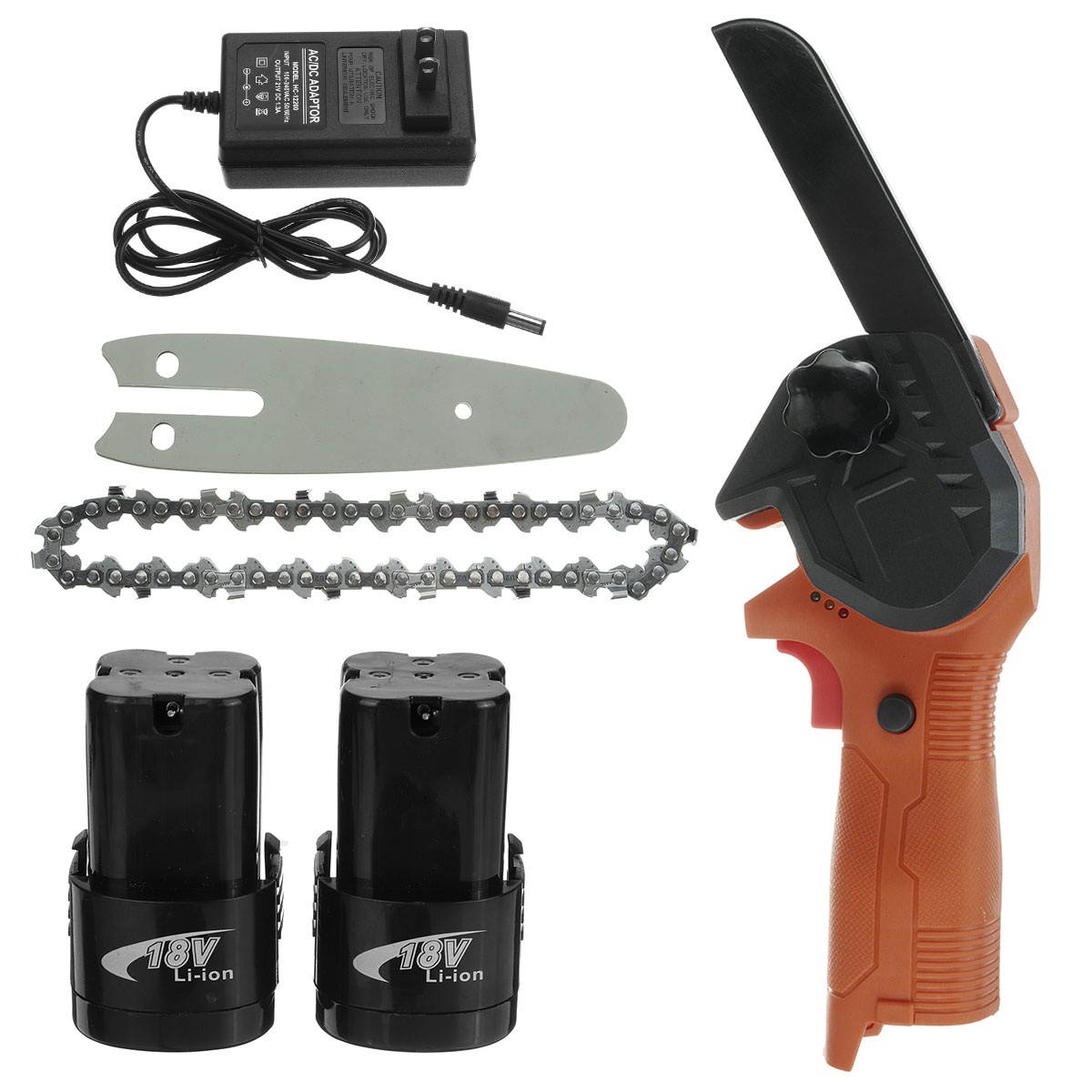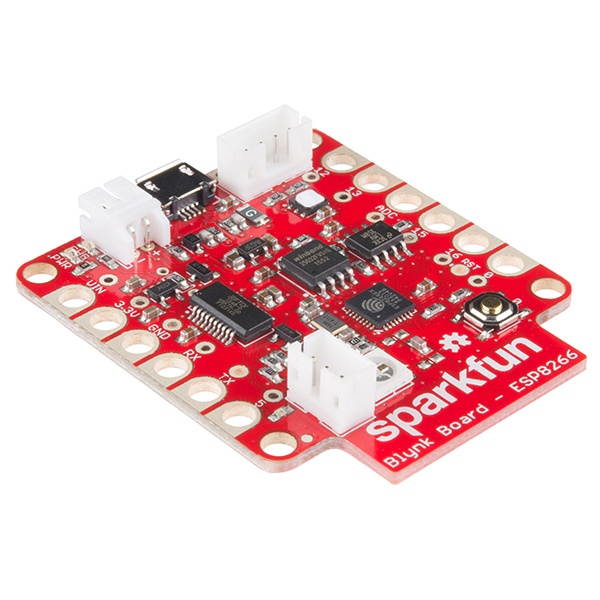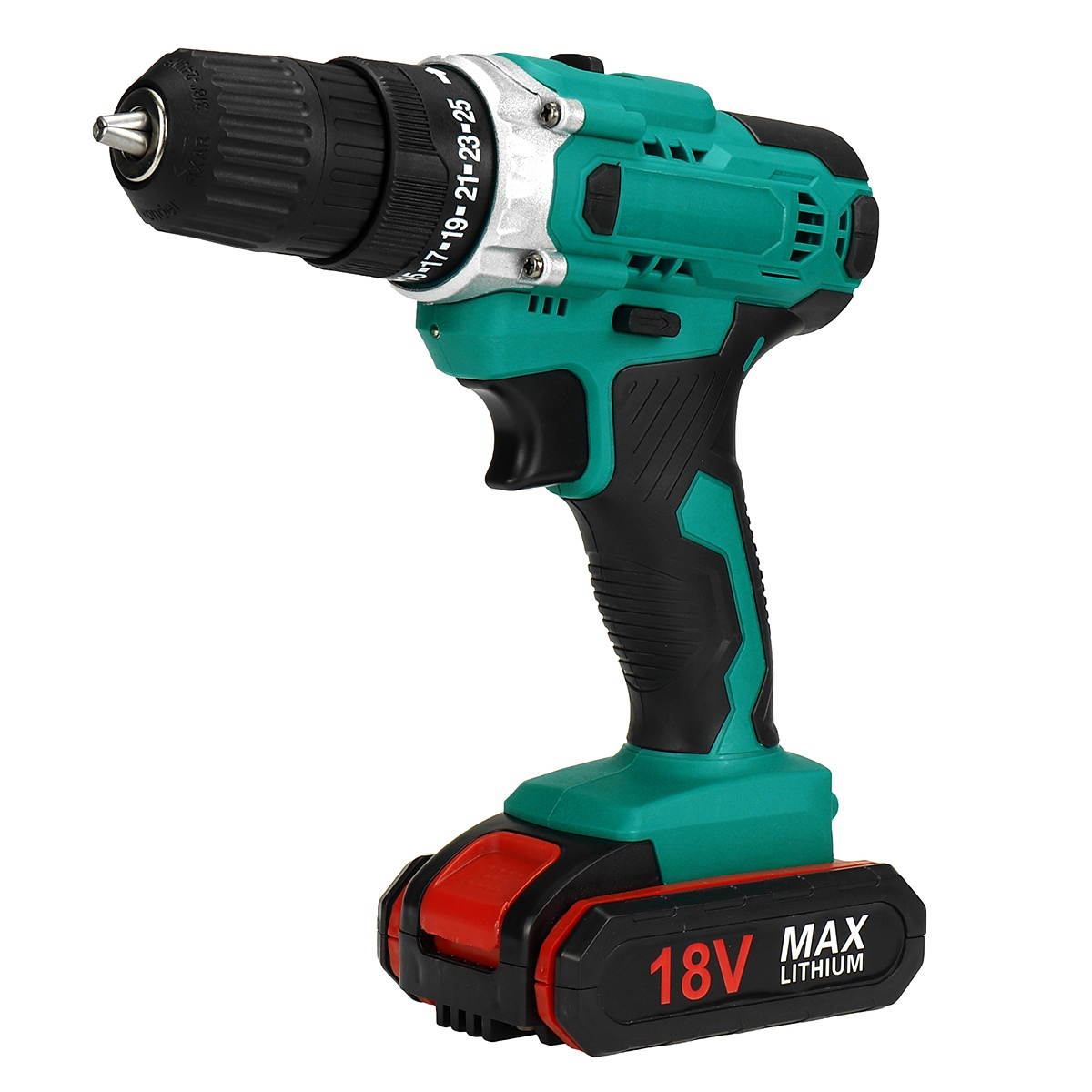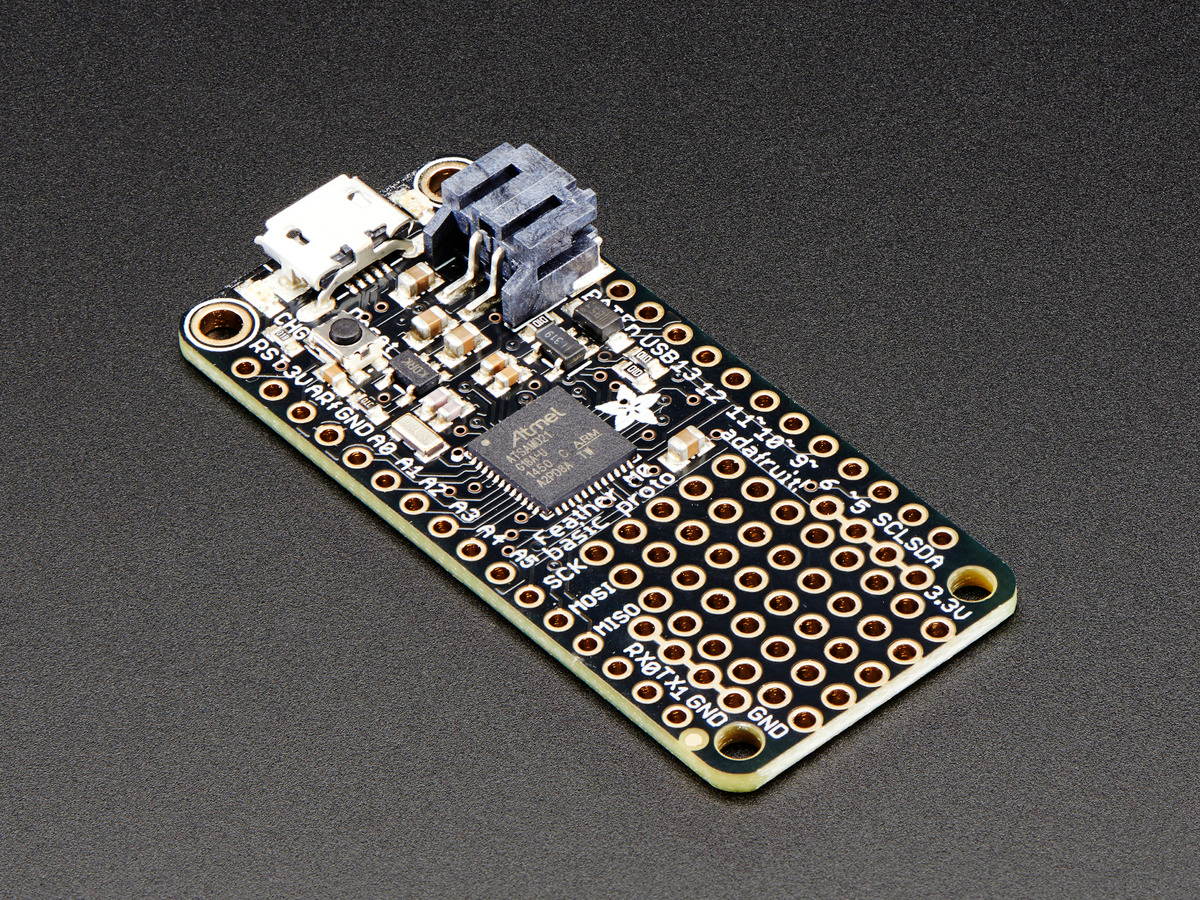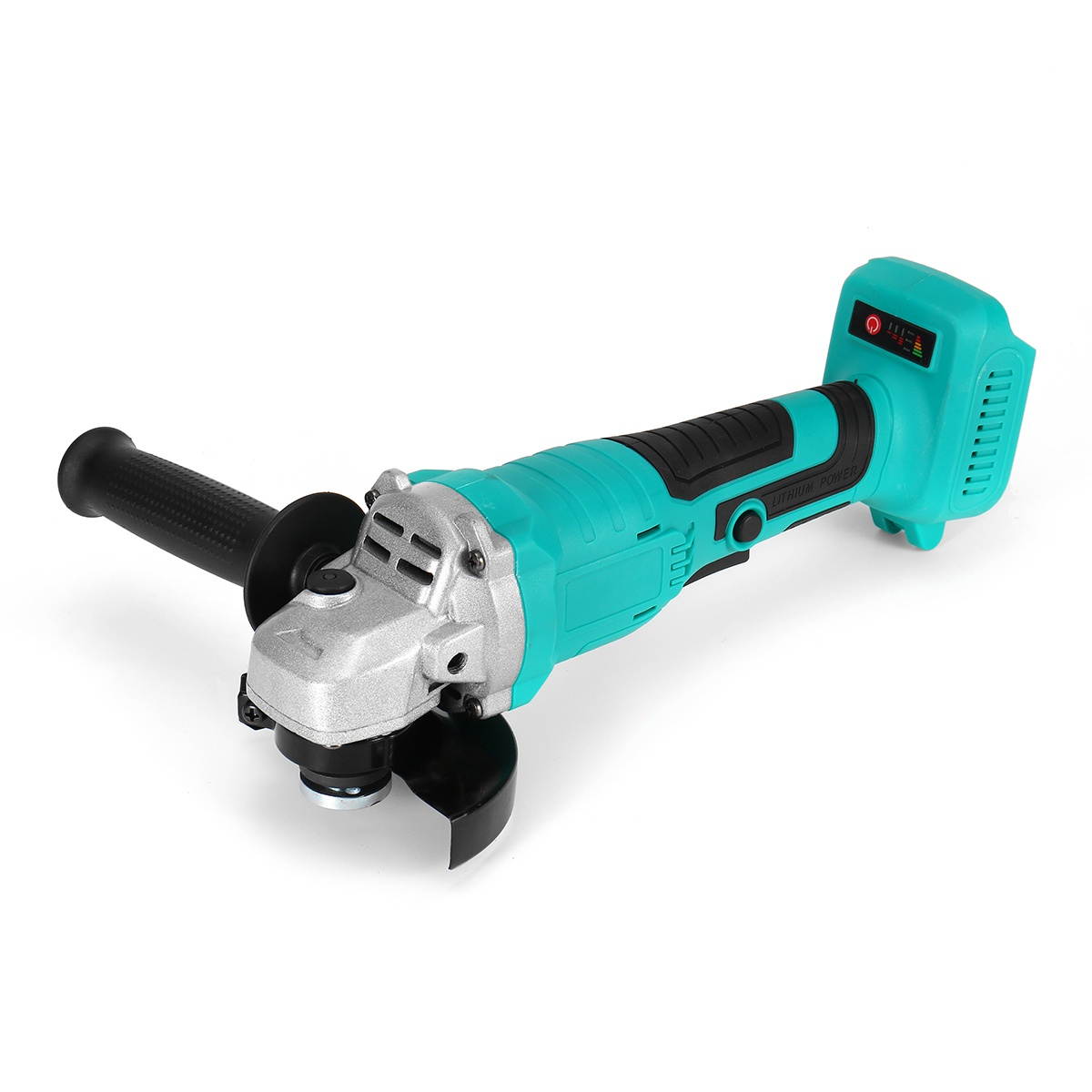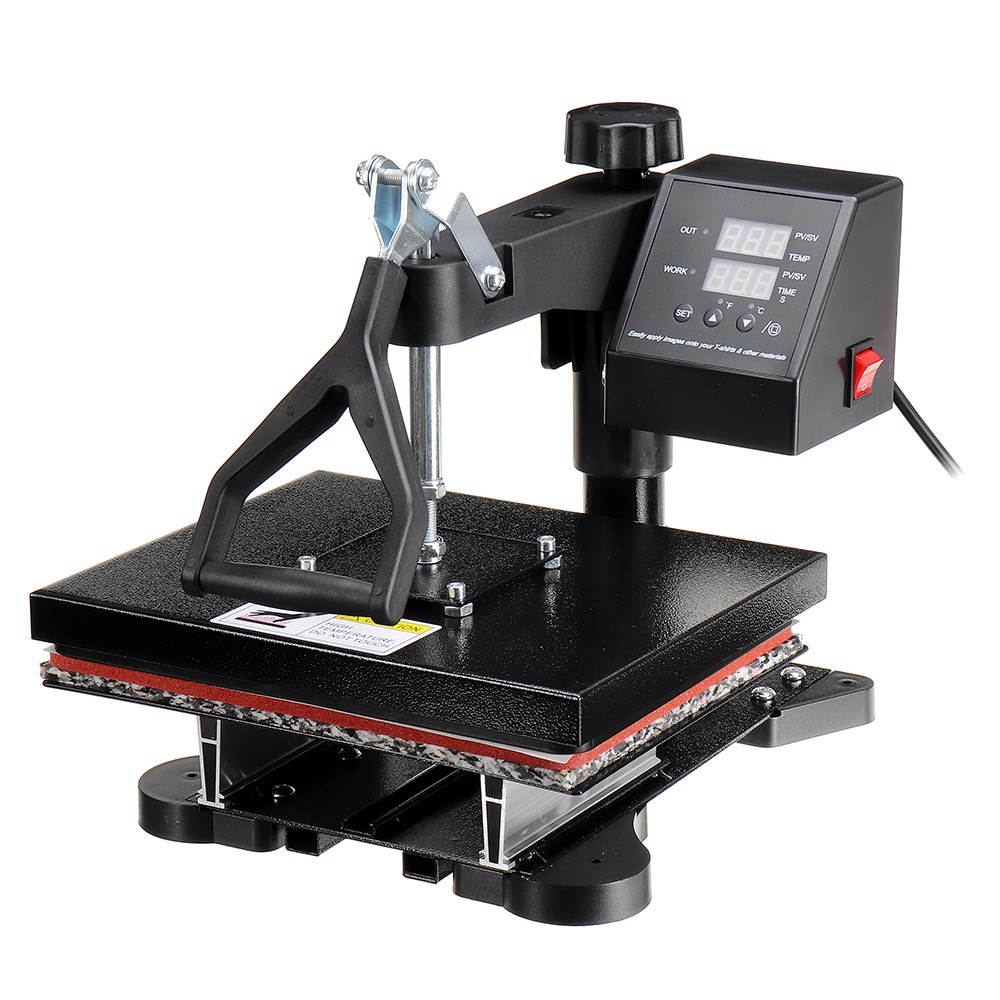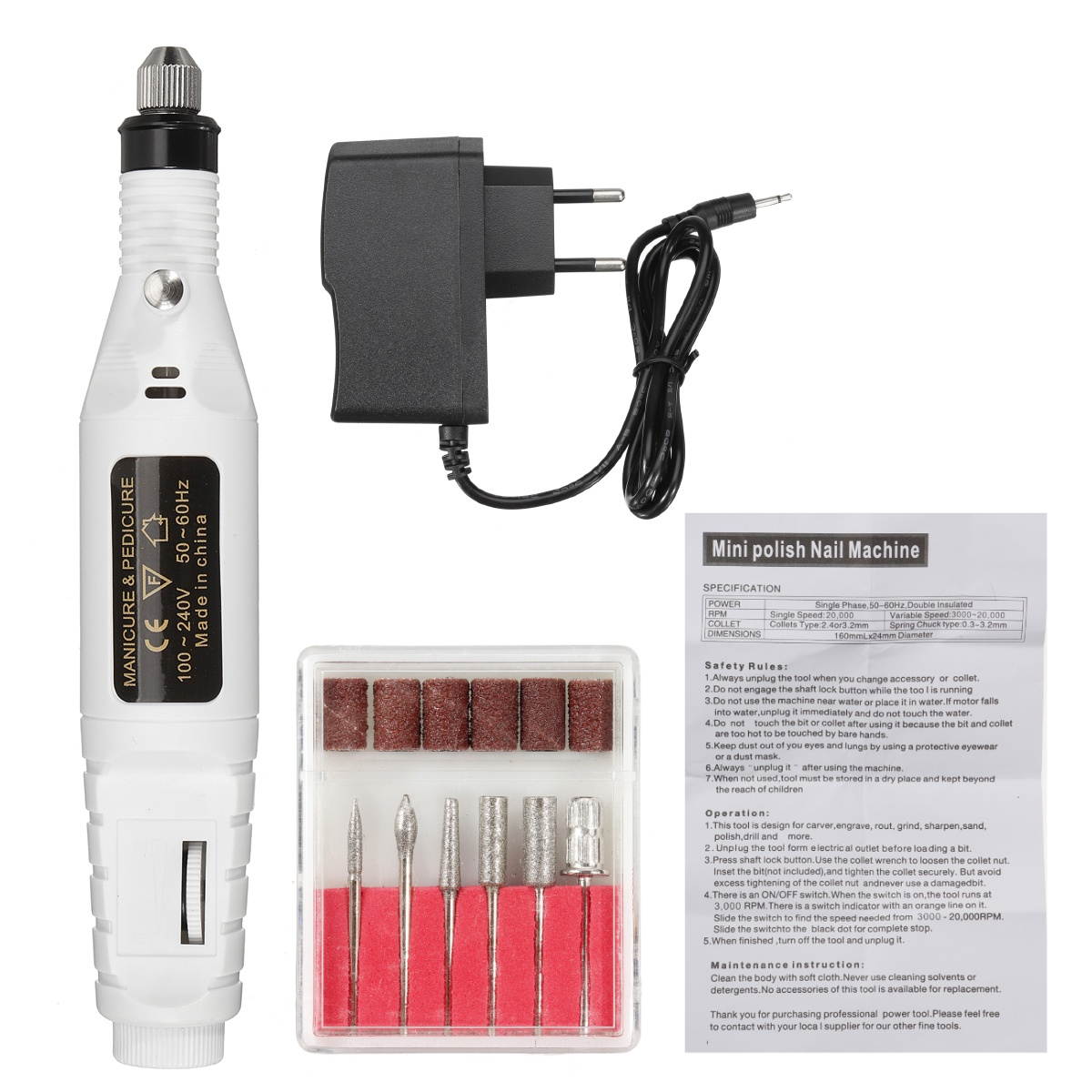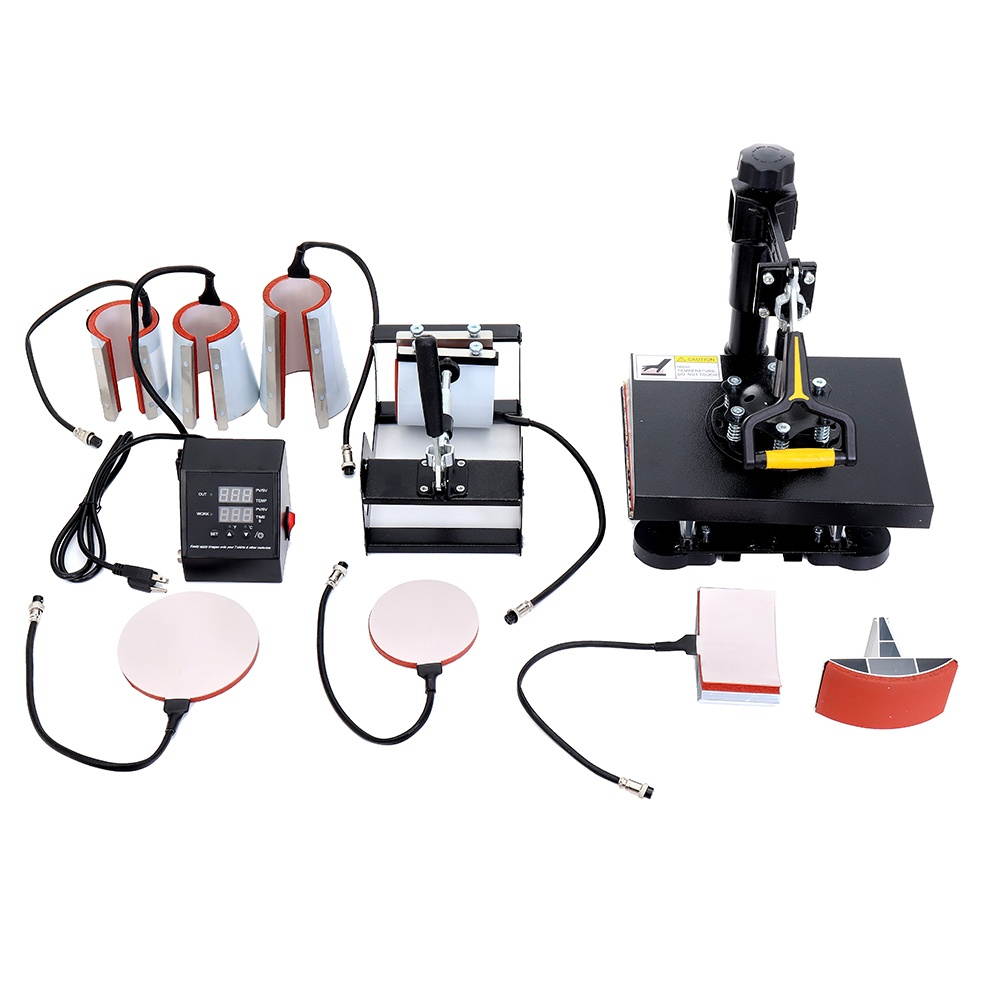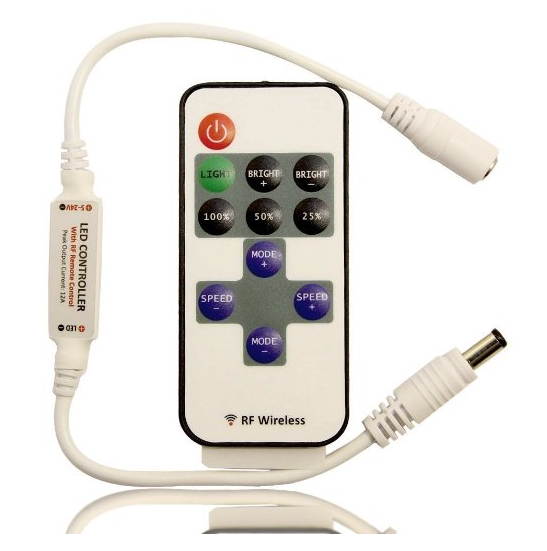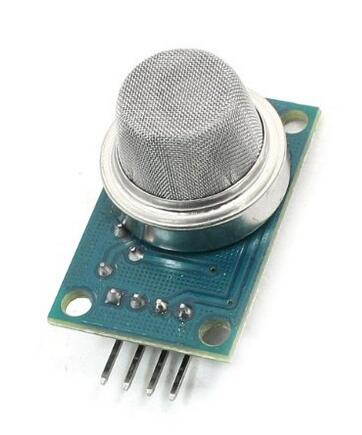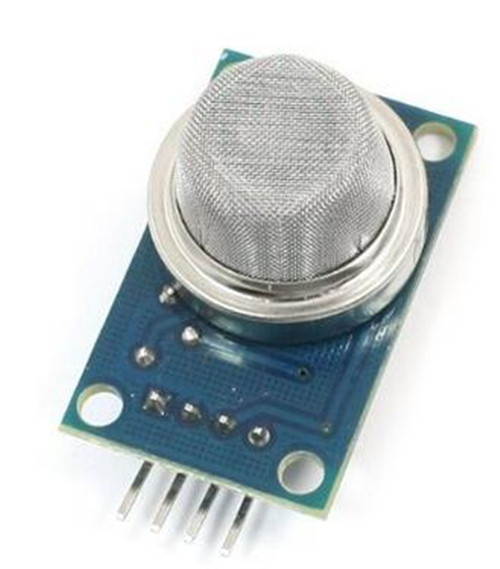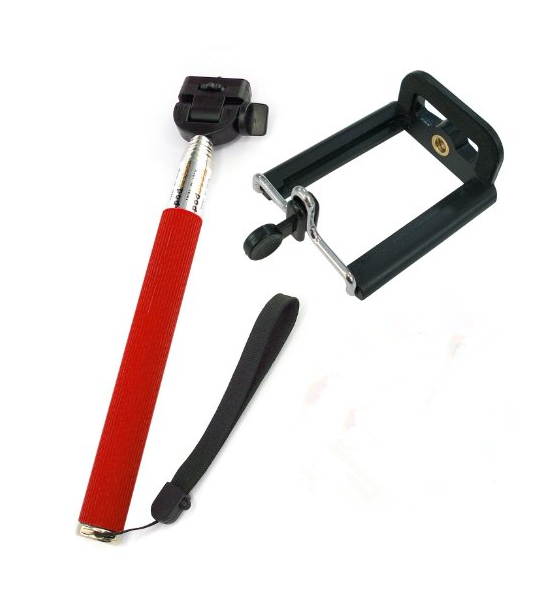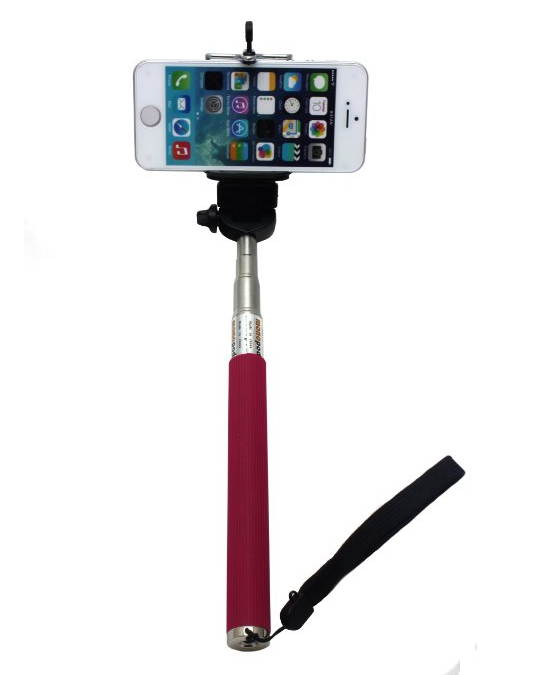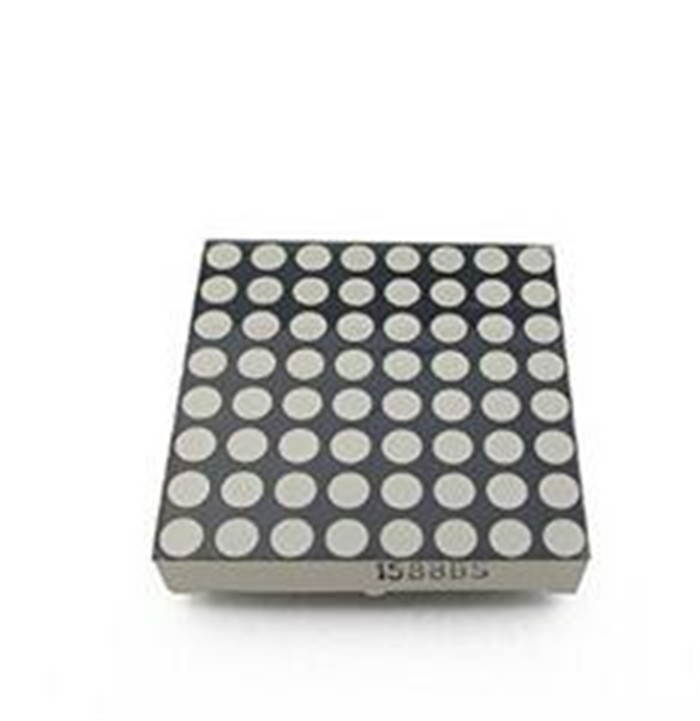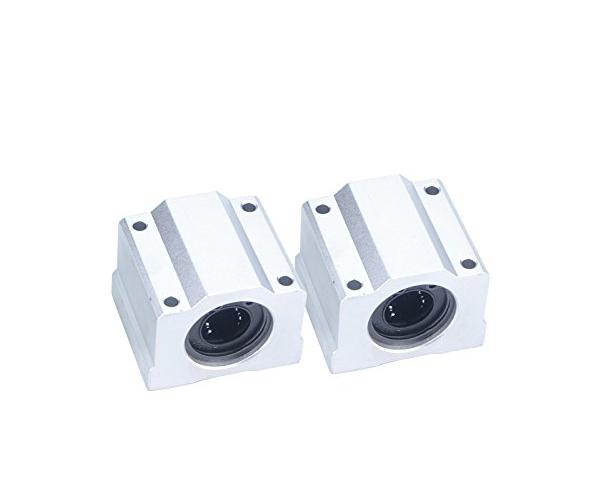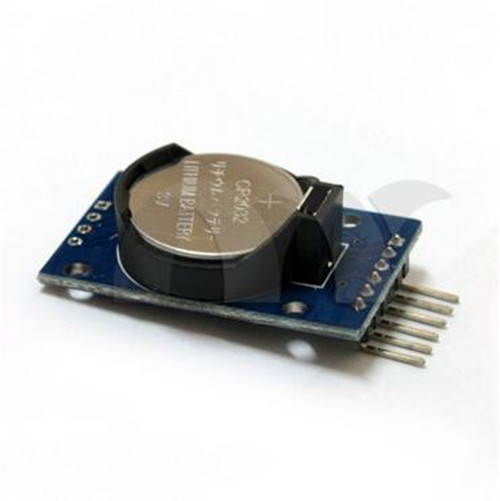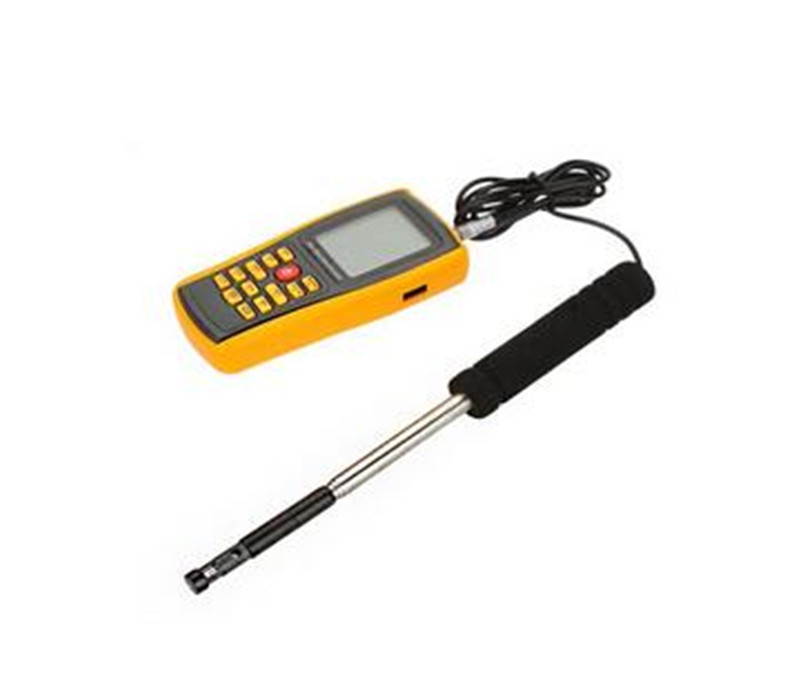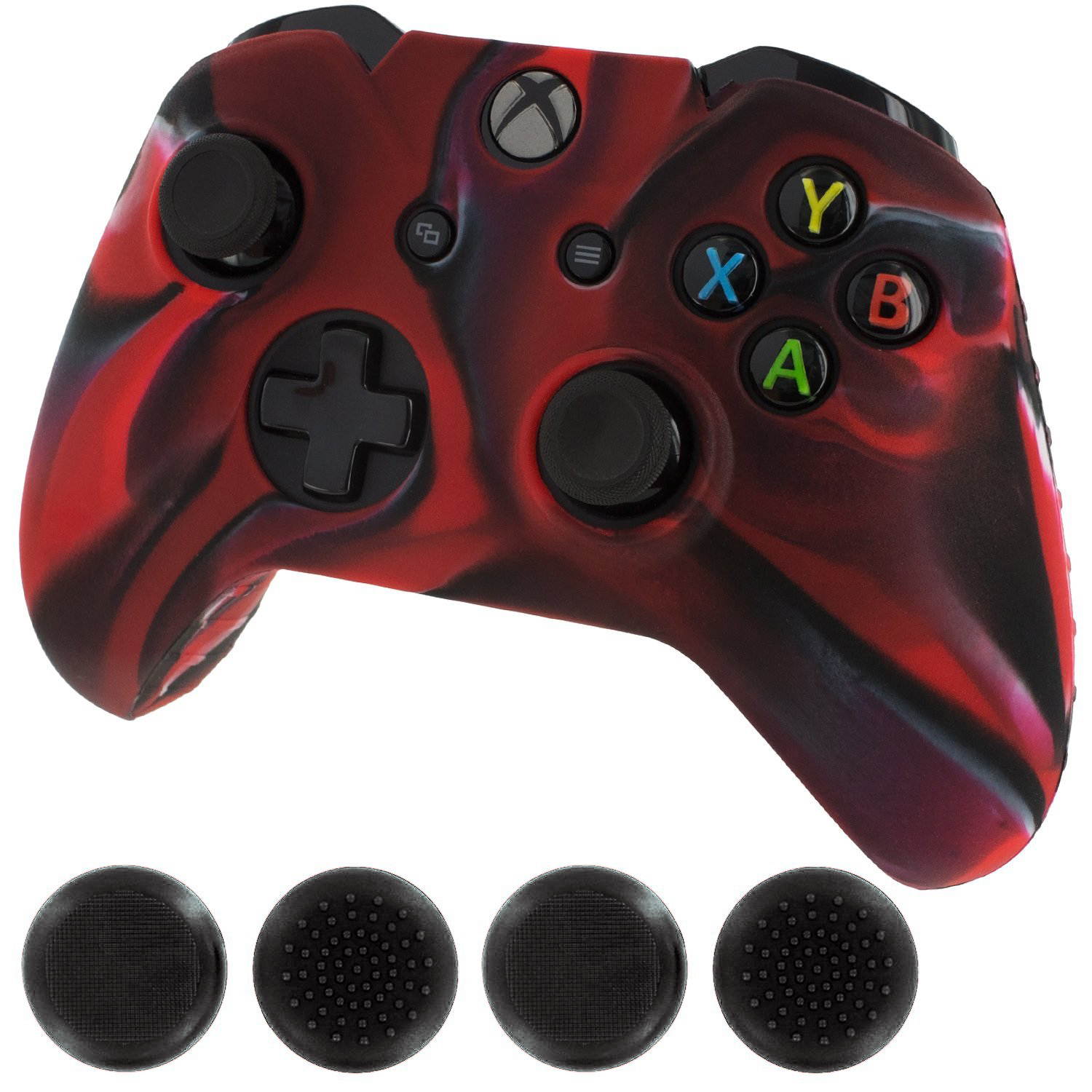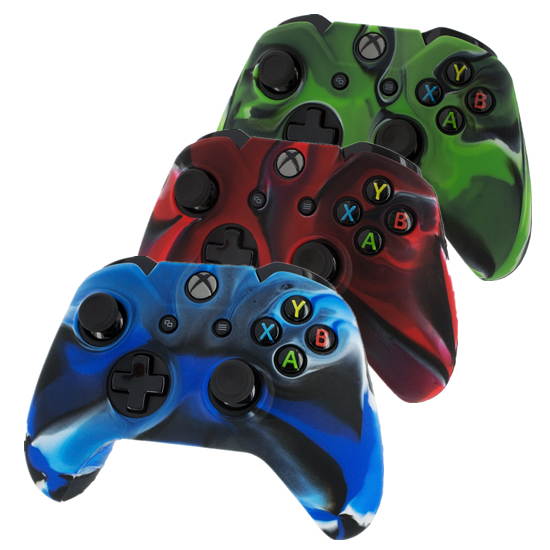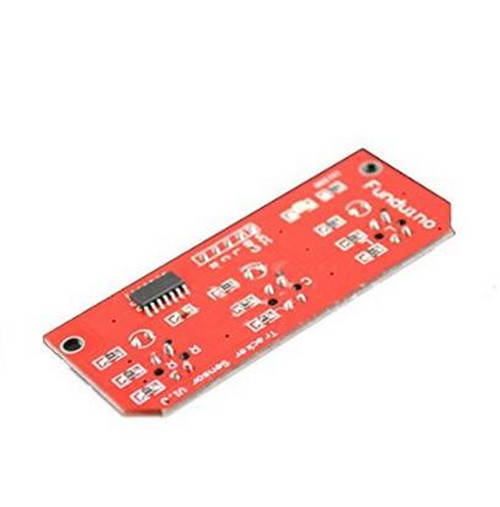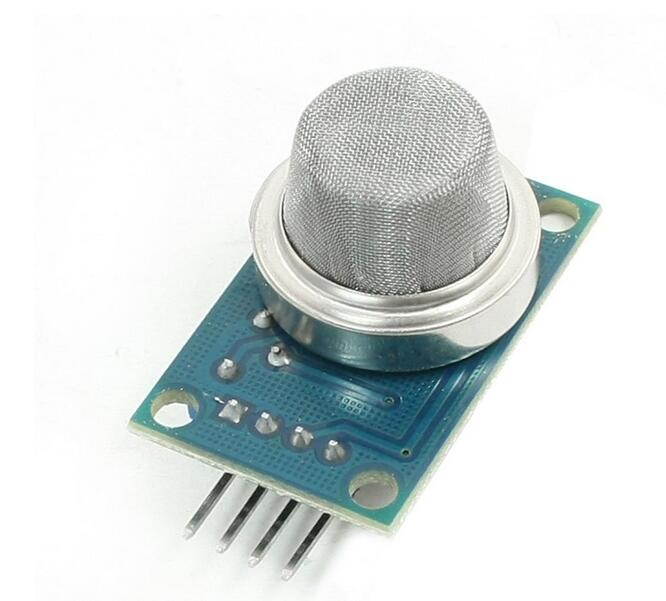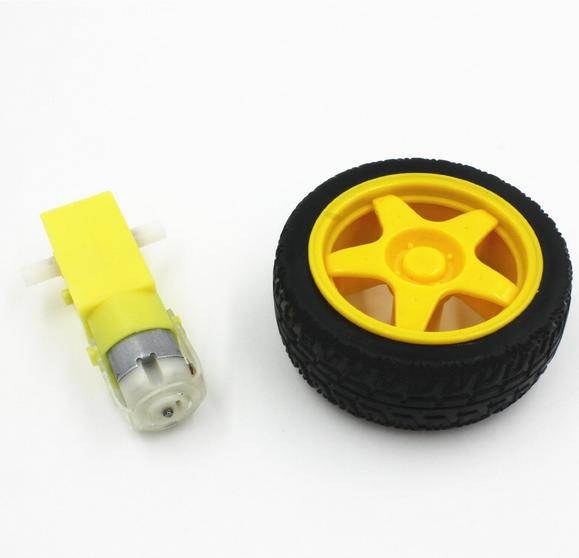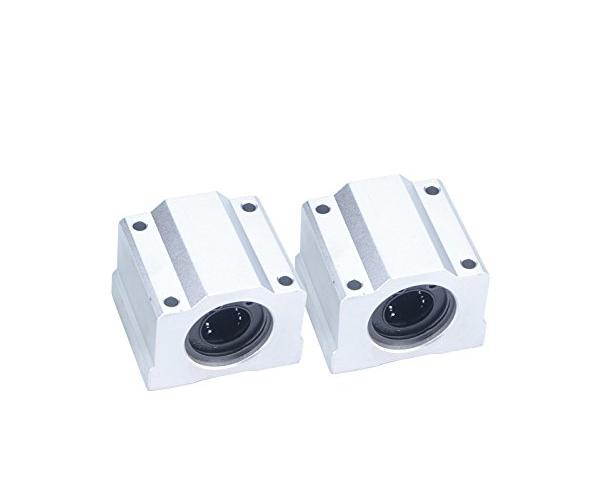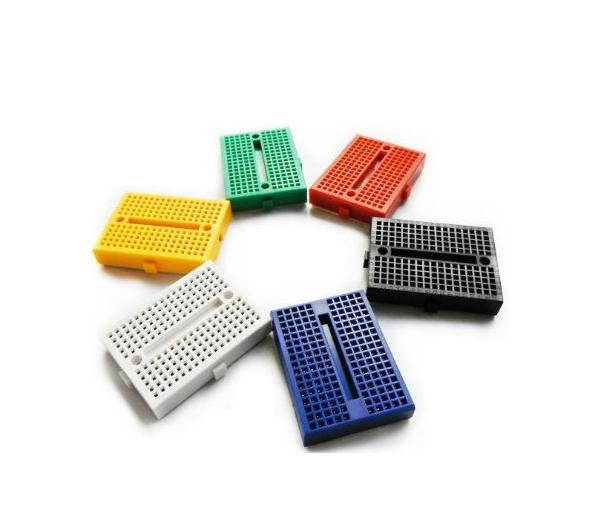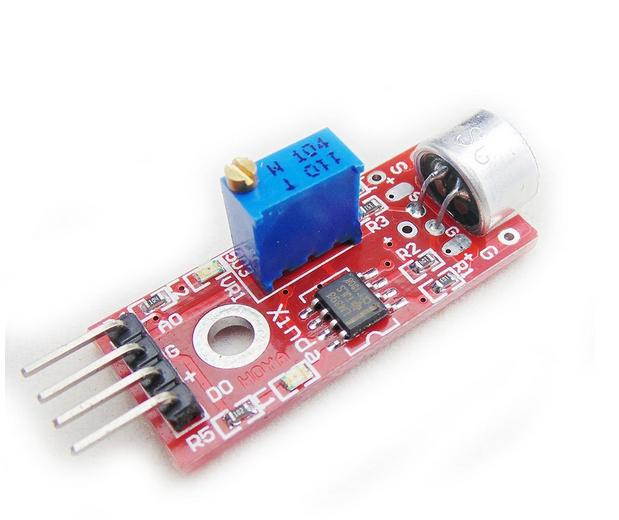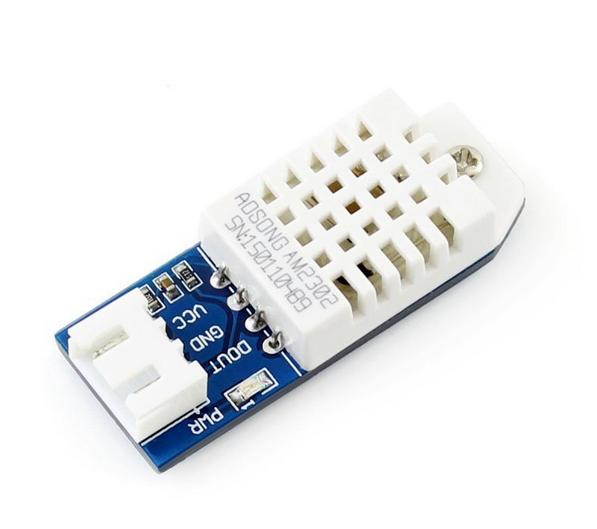Trusted shipping
Easy returns
Secure shopping
Buy Mini Nano V3.0 ATmega328 board for Arduino IDE (Arduino-compatible) + USB Cable in United States - Cartnear.com
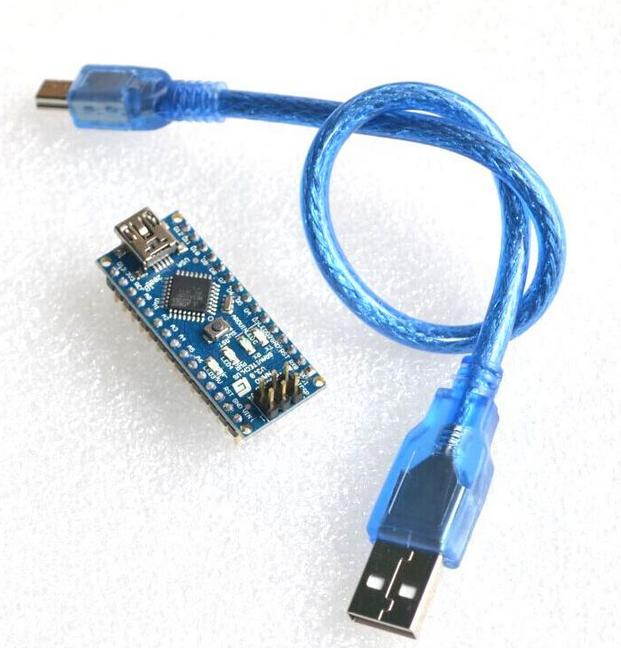
Mini Nano V3.0 ATmega328 board for Arduino IDE (Arduino-compatible) + USB Cable
CTNR1464847 CTNR1464847Alion fortune HK Limited
2027-03-01
/itm/mini-nano-v30-atmega328-board-for-arduino-ide-arduino-compatible-usb-cable-1464847
USD
11.73
$ 12 $ 12 3% Off
Item Added to Cart
customer
*Product availability is subject to suppliers inventory
SHIPPING ALL OVER UNITED STATES
100% MONEY BACK GUARANTEE
EASY 30 DAYSRETURNS & REFUNDS
24/7 CUSTOMER SUPPORT
TRUSTED AND SAFE WEBSITE
100% SECURE CHECKOUT
| Type | Engineering Development Tools |
|---|
It is a smallest, complete, and breadboard friendly. It has everything that Diecimila/Duemilanove has (electrically) with more analog input pins and onboard +5V AREF jumper. Physically, it is missing power jack. The Nano is automatically sense and switch to the higher potential source of power so there is no need for the power select jumper. Nano's got the breadboard-ability of the Boarduino and the Mini+USB with smaller footprint than either, so users have more breadboard space. It's got a pin layout that works well with the Mini or the Basic Stamp (TX, RX, ATN, GND on one top, power and ground on the other). This new version 3.0 comes with ATMEGA328 which offer more programming and data memory space. It is two layers. That make it easier to hack and more affordable. You end up paying less with Nano than Mini and USB combined!
Specifications:
Microcontroller Atmel ATmega328
Operating Voltage (logic level) 5 V
Input Voltage (recommended) 7-12 V
Input Voltage (limits) 6-20 V
Digital I/O Pins 14 (of which 6 provide PWM output) Analog
Input Pins 8 DC Current per
I/O Pin 40 mA
Flash Memory 32 KB (of which 2KB used by bootloader) SRAM 2 KB
EEPROM 1 KB
Clock Speed 16 MHz
Dimensions 0.70" x 1.70".
Features:
Automatic reset during program download Power OK blue LED Green (TX), red (RX) and orange (L) LED Auto sensing/switching power input Small mini-B USB for programming and serial monitor ICSP header for direct program download Standard 0.1" spacing DIP (breadboard friendly) Manual reset switch Power: The Arduino Nano can be powered via the mini-B USB connection, 6-20V unregulated external power supply (pin 30), or 5V regulated external power supply (pin 27). The power source is automatically selected to the highest voltage source.

